The Faculty of Medicine at The Chinese University of Hong Kong (CU Medicine) has as of late directed a worldwide review to inspect the effect of the COVID-19 pandemic on urological care. This is the world's first review of its sort and incorporates an enormous example of urology experts from six landmasses. Results from more than 1,000 members demonstrated that on normal 28% of urology outpatient facilities, 30% of outpatient examinations and strategies, and 31% of urological medical procedures had a deferral of over about two months. The level of chop down of urological administrations expanded with the level of COVID-19 episode.
As outpatient systems, for example, prostate biopsy and cystoscopy were being pushed back, by and large, it is stressing that there would be a delay in prostate malignant growth and bladder disease finding. Discoveries of the study have been distributed in the worldwide clinical diary of European Urology.
More than 1,000 urology experts from six landmasses reacted to the overview
Worldwide medicinal services administrations have been hugely influenced by the COVID-19 pandemic. In many emergency clinics that cook for overseeing COVID-19 patients, careful divisions need to limit or suspend the elective medical procedures. The suspension may even reach out to outpatient just as inpatient administrations, including the urological administrations.
To clarify how the urological network has been overseeing urological patients in this worldwide pandemic, a global exploration bunch directed a study from March 30 to April 7 this year. A poll was created to explore the effect of COVID-19 on different parts of urological administrations.
There were 1,004 members who reacted to the overview. Most of them were advisor urologists and rehearsing general urology, with urology students, and urology nurture or propelled practice suppliers. They were for the most part situated in Asia, trailed by Europe, North America, South America, Africa, and Australia and New Zealand.
Key discoveries of the overview are recorded as follows:
Effect on urological administrations
28% of outpatient centers had a deferral of over about two months. Facilities for kindhearted conditions including amiable prostate hyperplasia, barrenness, renal stone, and bladder stone were generally influenced, while those for harmful conditions including prostate disease, kidney malignant growth, bladder malignant growth, and testicular disease were less influenced. 30% of outpatient examinations and methodology had a deferral of over about two months. Prostate biopsy and cystoscopy administrations had been fundamentally chopped down. 31% of urological medical procedures had a postponement of over about two months. Medical procedures for considerate prostatic hyperplasia, female urinary incontinence, renal stones, and bladder stones had the most elevated paces of chop down, while those for renal transplantation and urological tumors were less influenced. The level of chop down of urological administrations expanded with the level of COVID-19 flare-up. This perception was predictable across different sorts of urological administrations. 47% of the respondents accepted that the gathered remaining task at hand could be managed in an opportune way after the COVID-19 flare-up.half of the respondents thought the delay of urological administrations would influence the treatment and endurance results of their patients.
Effect on medicinal services experts
41% of the respondents revealed that their medical clinic staff individuals had been determined to have COVID-19 disease, with a higher extent in Europe and North America than in different mainlands. 27% announced workforce deficiency; 26% must be conveyed to deal with COVID-19 patients. Just 33% felt that they were given sufficient individual defensive gear, with a lower extent in Africa and Europe; 47% of social insurance suppliers communicated dread of going to work.Dr. Jeremy Yuen Chun Teoh, Assistant Professor, Division of Urology of the Department of Surgery at CU Medicine, who drove the worldwide review, expressed, "Our study uncovered generous interruptions in urological care in the midst of the COVID-19 pandemic. In spite of the fact that the best decrease was watched for the kind and non-dire conditions, outpatient methods, for example, prostate biopsy and cystoscopy were being deferred by and large. This raises worries as these methodologies are thought to be performed for suspected prostate malignant growth and bladder disease."
What's more, as most urologists in the overview communicated their nervousness over lacking preparing and defensive hardware, Dr. Teoh featured the significance of the effect on the psychological wellness of human services laborers engaged with COVID-19 consideration. He recommended that simple access to COVID-19 testing, sufficient arrangement of individual defensive hardware and irresistible illness preparing, and support from family, partners, and companions, may help lighten the mental pressure being forced to human services laborers.
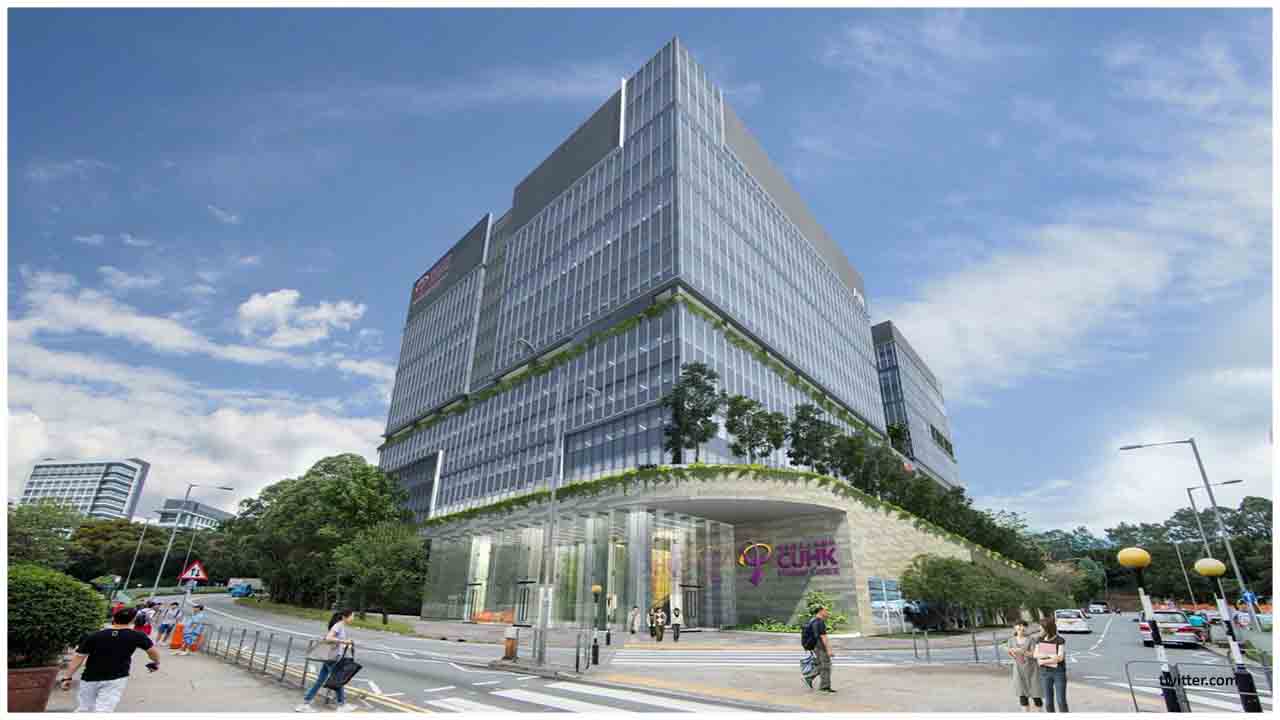
 This is the world's first survey of its kind and includes a large sample of urology professionals from six continents.
This is the world's first survey of its kind and includes a large sample of urology professionals from six continents.




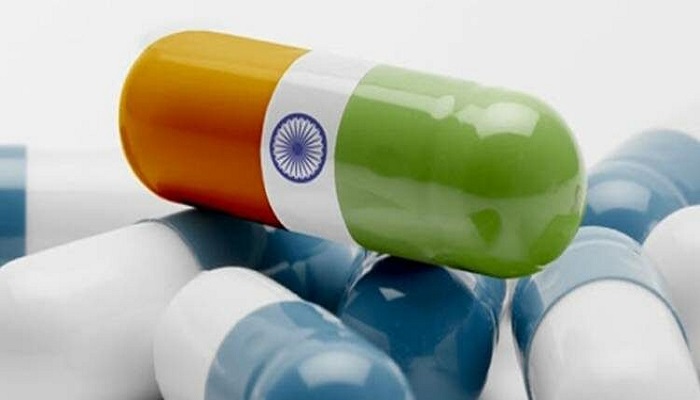
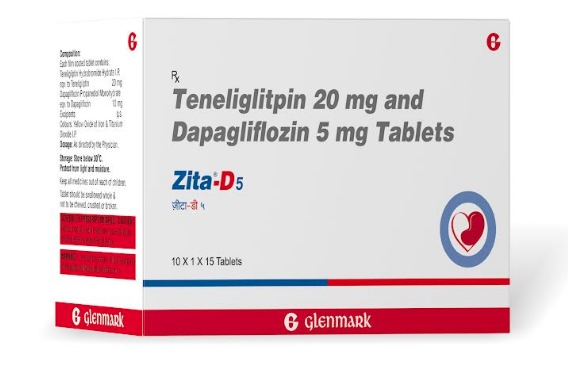
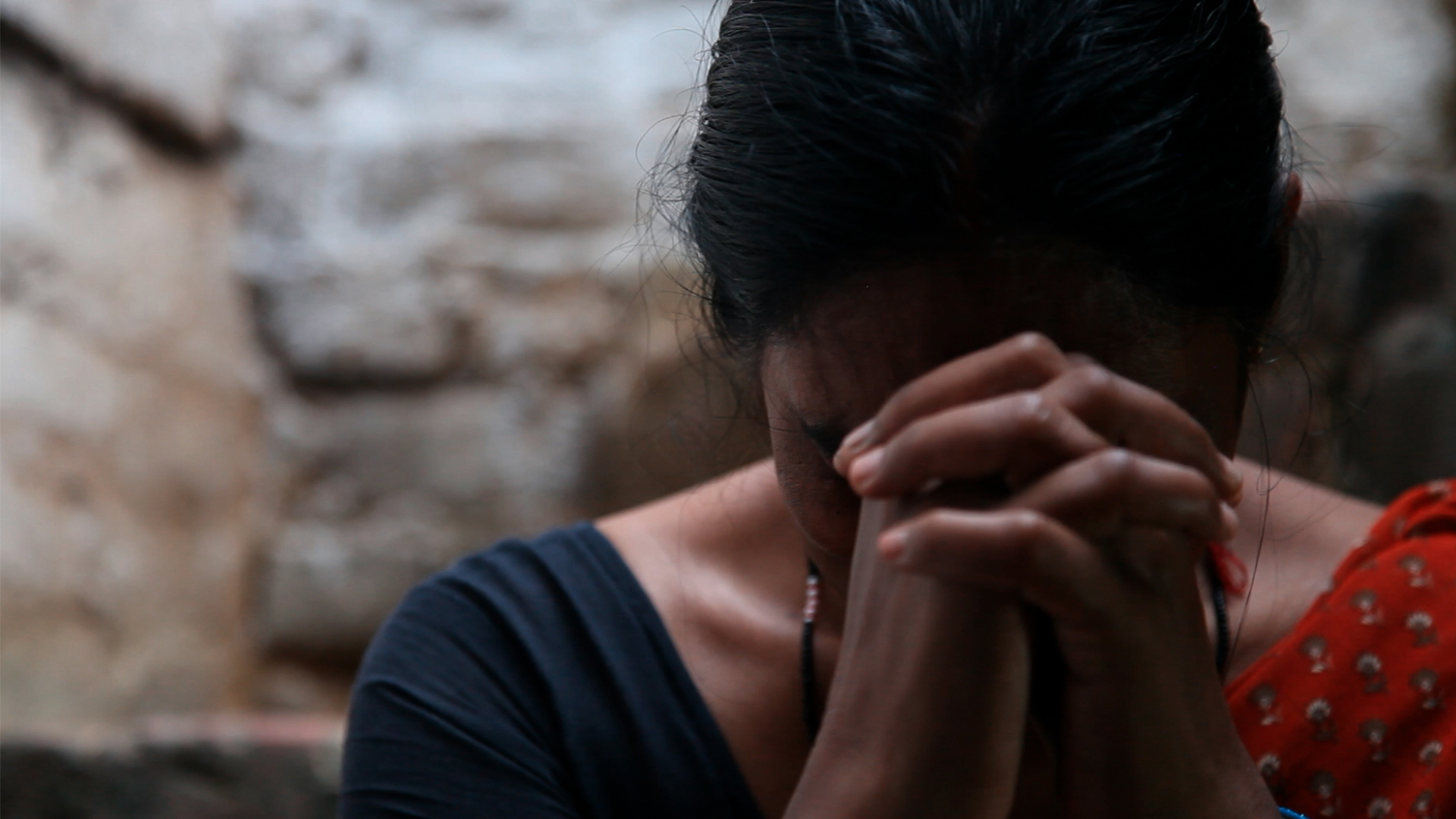


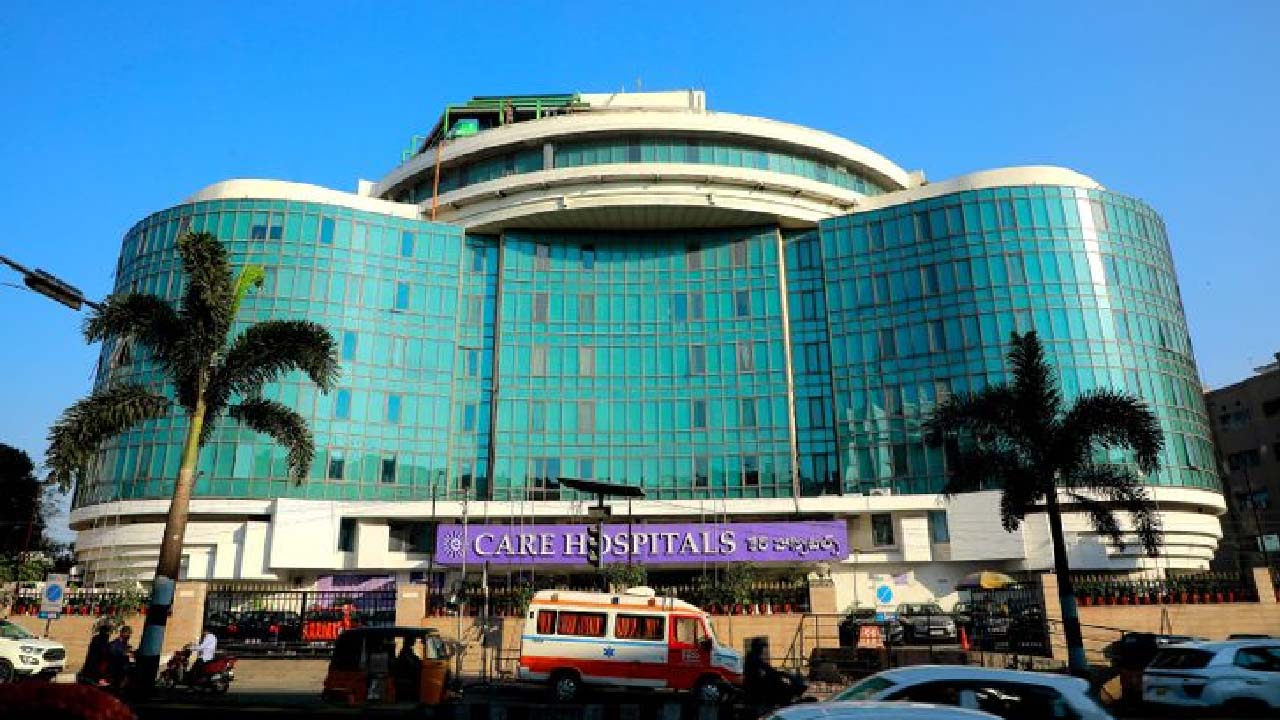









.jpeg)









.jpg)




.jpg)




